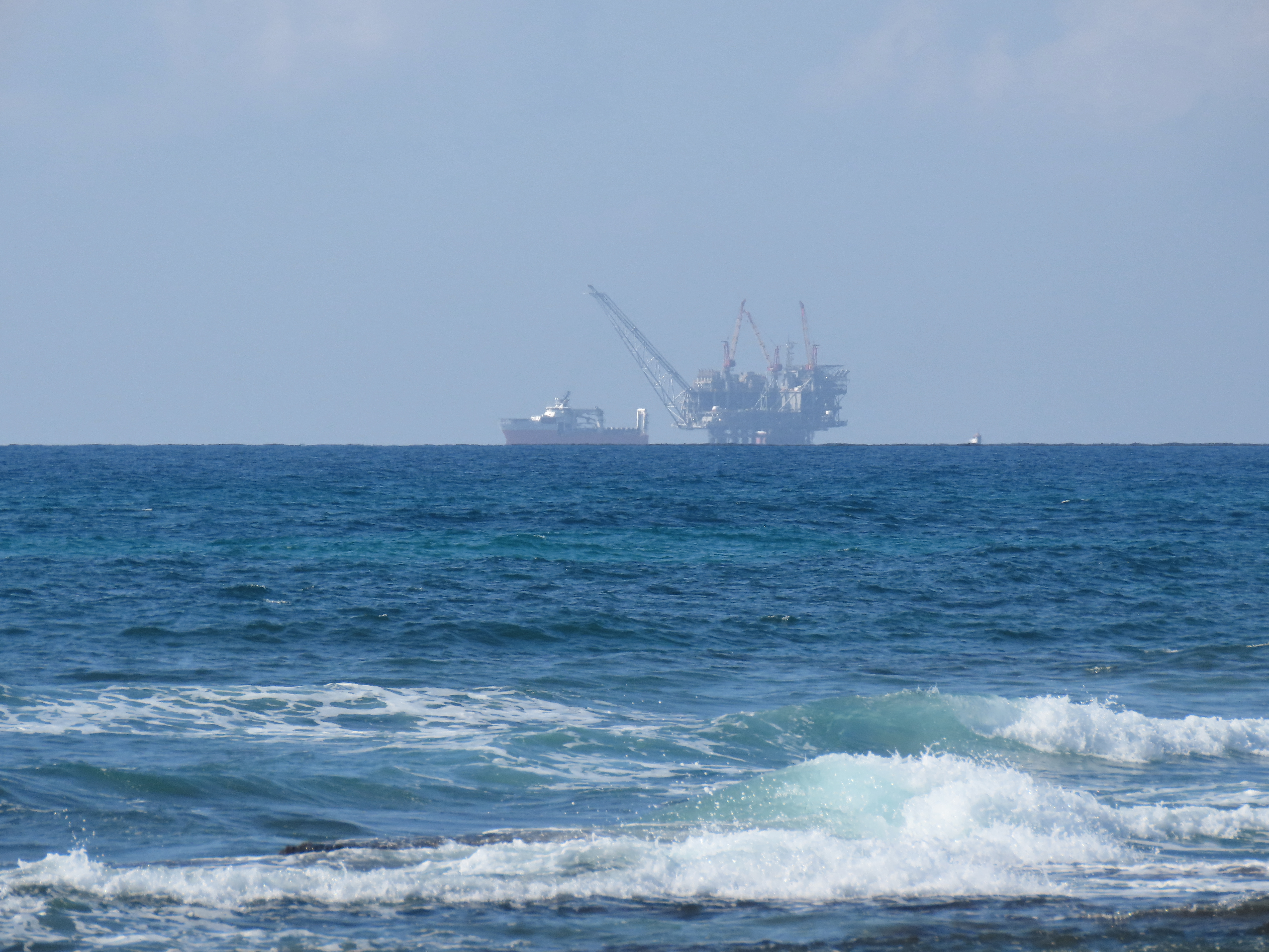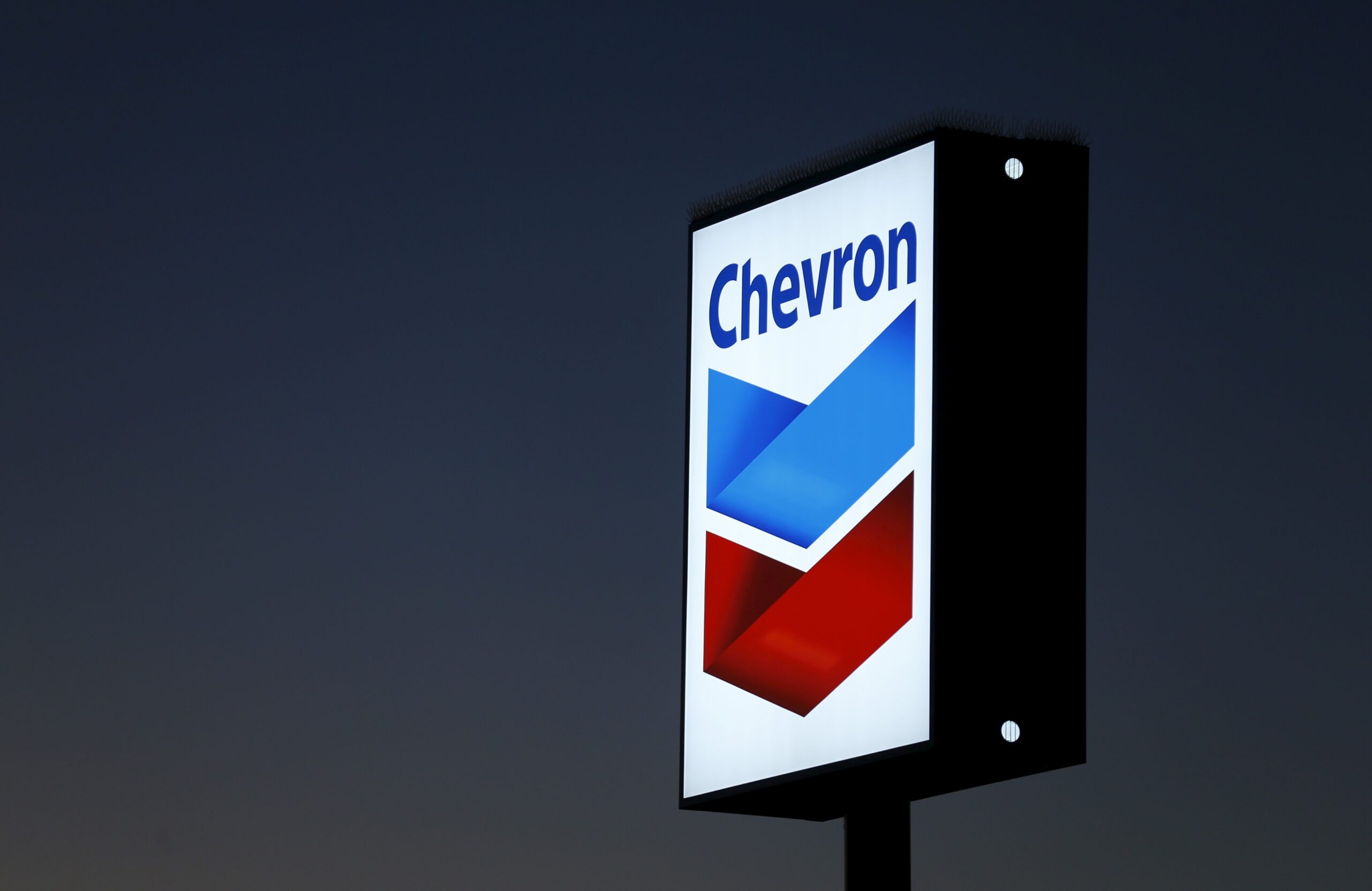Much strategic, political, and economic significance has been assigned to the announcement of the American gas and oil corporation Chevron that it reached an agreement to acquire Noble Energy, the American partner (holding 39.7 percent) in the consortium controlling the Leviathan natural gas field. Noble Energy also retains holdings in the Tamar gas field. The importance of the announcement stems from the size of the American company and the timing of the announcement. Chevron is considered to be one of the seven largest companies in the sector in the world in terms of the scope of its assets ($237 billion at the end of 2019), the scope of its sales ($140 billion in 2019), and its production capacity. Without a doubt, the move brings the American presence in the energy sector of the Eastern Mediterranean to a new level, which until recently was limited to the relatively minor involvement of energy giant Exxon in Cyprus and Noble Energy, which is a small American company in Israel. American companies discovered the potential in the region only after European companies carried out successful drilling in Egypt’s economic waters.
Chevron’s entry into Israel bears a number of political aspects. Chevron has extensive operations in Arab and Muslim countries, and has indirect significance regarding the efforts of countries and bodies around the world to boycott Israel. The involvement of an American company on the scale of Chevron will endow Israel with reinforced political status in the East Mediterranean Gas Forum, which also includes Egypt, Jordan, the Palestinian Authority, Cyprus, Greece, and Italy. The government of Jordan continues to withstand internal pressures exerted by wide circles within the kingdom who oppose normalization with Israel and Noble Energy’s deal with the Jordanian electric company, whereby Jordan will be provided with three billion cubic meters of natural gas annually from the Israeli gas fields in the Mediterranean Sea over a period of 15 years. The likelihood that Jordan will cede to the pressures exerted on it to cancel the agreement with Noble Energy will decrease in light of the disparity in size and power between the two American companies.
The entry of large American corporations into the eastern zone of the Mediterranean Sea may also have a restraining impact on the intentions of other actors, international and regional alike, regarding its political and economic future. Russia has a long-time presence in the Middle East, which it might consider expanding in light of the tendency of US administrations since the Obama presidency to reduce the American presence in the region. Russia’s desire to expand its activity in the exploration for natural gas is well known, beyond its partnership in the consortium that acquired a concession in one of the regions explored in Lebanon’s economic waters. Turkey too, which in recent years has pursued an aggressive policy in the region, will need to take into consideration the presence and interests of two huge American corporations, Chevron and Exxon, which can be expected to exert pressure on Washington to “calm” Erdogan. Like other large American corporations, Chevron and Exxon also invest millions of dollars in lobbying Congress and the US administration.
On the surface, the change in ownership between the two American companies at the Israeli gas fields will not necessarily accelerate resolution of the controversy between Israel and Lebanon regarding the demarcation of the economic waters between them. Nonetheless, if Chevron finds it necessary and has an interest in doing so, it will certainly be able to use its economic and political clout to pressure the US administration to speed up its efforts to find a solution.
The entry into the region of an economic giant such as Chevron also conveys an important economic message, beyond the safety net with which it provides the natural gas sector in Israel. Indirectly, it constitutes additional recognition of the economic stability of the Israeli economy and its prevailing legal and administrative norms. On the one hand, the parties and the movements that have thus far opposed Israeli government policy regarding energy related matters, including the ratio of export of the natural gas and the location of the facilities designated for transporting the gas to Israel, will now face an adversary that has extensive economic and presumably political power. On the other hand, the Israeli government will need to prove that its decisions pertaining to energy matters are not dictated by the considerations of an economic giant such as the Chevron Corporation. Even the involvement of a relatively small American corporation such as Noble Energy led to accusations that Israeli government decisions were influenced by American lobbying of the government and company.
Since early 2020, the energy market has been treading water. From late 2019, the price of natural gas on the world market has dropped by 30 percent, and it is not expected to change as long as the pandemic continues to squeeze economic activity. The price drop makes it difficult for Israeli companies to mobilize the financial resources necessary to fund the continuation of exploratory drilling. Low natural gas prices raise the question of the profitability of production, even in the event of discovery of additional natural gas. A strong economic entity such as Chevron, with its proven abilities in the chain of operations that begin with locating oil and natural gas resources and conclude with the provision of electricity or gasoline to its customers, gives its Israeli partners a safety net.

An important question from a political and an economic standpoint concerns the impact that Chevron’s involvement in the realm of natural gas production will have on the transport to external markets, and particularly the possibility of a Mediterranean gas pipeline from the Eastern Mediterranean to a port of entry in Europe. The pipeline, which is preferred from an economic and technical perspective, is what would connect up to the network of pipelines that exists in Turkey and is linked to Europe. Turkey’s policy on the Cyprus conflict, its hostility toward Israel, and its rivalry with Egypt – as well as, but not solely because of the military and political intervention in the conflict in Libya – reduces the political feasibility of laying such a pipeline.
An alternative that is already employed is the conveyance of natural gas from Israel to Egypt, both for local consumption and, alternatively, for its liquefaction and transport in tankers to markets outside the region. In this context, Chevron’s acquisition of Noble Energy at this stage is of no practical significance. A change in global natural gas consumption patterns, accompanied by a rise in prices, will require investments and the increased capacity of the natural gas facilities in Egypt, with the involvement of American corporations such as Chevron and Exxon.
Although the Israeli government is promoting the Eastern Mediterranean natural gas pipeline project, considerable doubt still exists regarding its technical, economic, and political feasibility. At a length of 1,900 kilometers, 1,300 of which are at sea, the pipeline, if and when it is completed, will transport approximately 10 billion cubic meters of natural gas from Israel and Cyprus to Europe each year. The cost of the pipeline has been estimated at 6 billion euros. In early January 2020, Greece, Cyprus, and Israel signed the framework agreement for the construction of the pipeline, and in July of this year the Israeli cabinet ratified the agreement. Turkey has already expressed its firm opposition to the project, and its dispatch of a drilling ship to Cypriot waters and its agreement with the Libyan Government of National Accord regarding the demarcation of economic waters (November 2019) should be seen as part of Ankara’s response to the alliance between Israel, Greece, and Cyprus in the natural gas sector.
On the one hand, Chevron’s joining the activity in the Eastern Mediterranean increases the security of potential investors in the gas pipeline. On the other hand, this in itself cannot increase the quantities that will be transported through the pipeline or decrease the political risks involved with laying it. In addition, although the European Union is participating in the feasibility survey for the pipeline and has included it in the category of projects with shared interest for companies, this does not constitute a long-term EU commitment regarding the laying of the pipeline. It is doubtful whether the involvement of an American giant such as Chevron will change the manner in which the European Union views the issue.
None of these issues detract from the strategic, political, and economic importance of the Chevron Corporation’s entry into the Israeli and Mediterranean natural gas sector. Moreover, this development comes at a critical time – against the background of a growing global doubt in the stability of the energy sector, and the Israeli dimension of this phenomenon: the weakening of the investors’ faith in the economic stability of some Israeli energy companies.
https://www.inss.org.il/publication/chevron-in-israel/?utm_source=activetrail&utm_medium=email&utm_campaign=INSS%20Insight%20No.%201355





